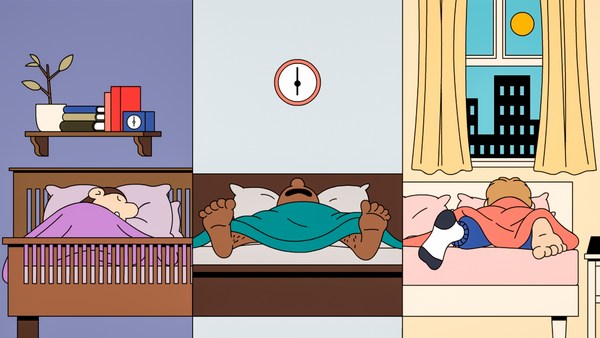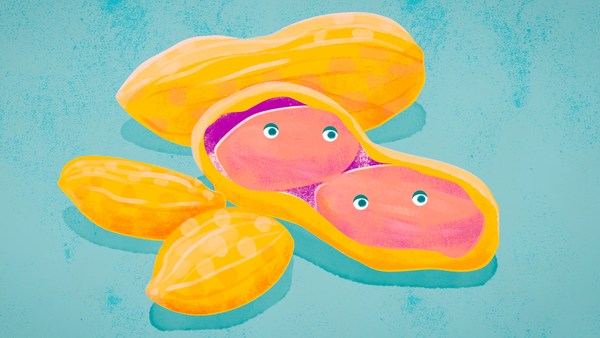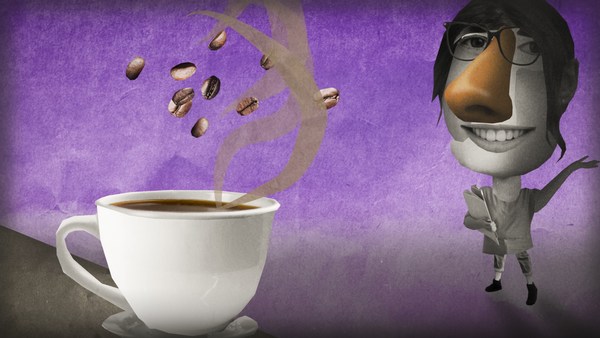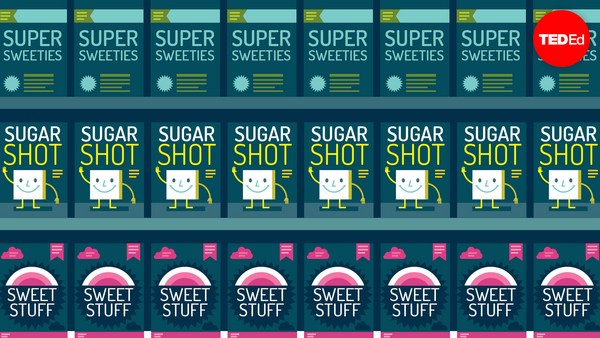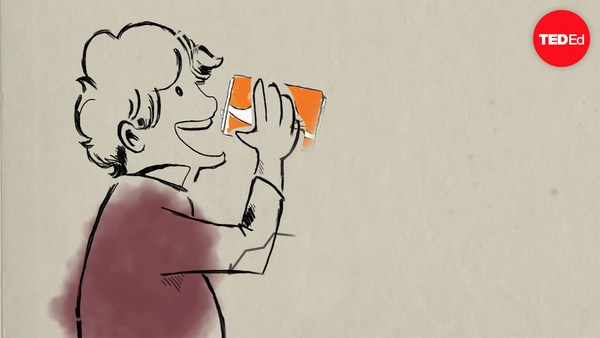As an OB-GYN who specializes in vulvovaginal disorders, I hear a lot of myths about vaginal yeast infections, and the one that just won't go away is that they're linked to too much sugar in your diet.
[Body Stuff with Dr. Jen Gunter]
On the surface, the idea sounds plausible. After all, sugar is a food source -- not just for us, but also for yeast and bacteria. So if we eat more sugar, we're feeding the yeast. And there are studies that show yeast infections are more common in people with diabetes, who can have higher levels of sugar in their blood. But the truth is, the sugar consumption-yeast connection is a myth for most, perpetuated both by well-meaning but ill-informed health care professionals as well as purveyors of snake oil -- you know, the ones who want to sell you cleanses, diets and books designed to help you get rid of all the yeast.
The first thing you need to know is that yeast is normally found in the vagina. At some point in a given year, one study estimates that 70 percent of people will have yeast in their vagina, just hanging out in the microbiome and causing no symptoms. And secondly, sugar is normally found in the vagina. After all, that's what also feeds the good bacteria.
It's the overgrowth of this yeast that's already there that produces symptoms and results in what we call a yeast infection.
One theory for the sugar-yeast connection is that the source of the yeast is actually in the gut, and that a high-sugar diet feeds this yeast, which makes it overgrow, and then it gets into the vagina. But there's no credible data to support this. Another theory is that eating more sugar causes sugar levels in the vagina to rise, thus feeding the yeast. But it doesn't. And yes, someone actually studied this. Researchers gave people, some with a history of vaginal yeast infections and others without, a drink containing a lot of sugar or glucose. Their blood and vaginal sugar levels were measured before and after the drink. They found that the sugar levels in the vaginal secretions didn't change for either group.
But what about diabetes? Now we know diabetes is associated with an increased risk of vaginal yeast infections, but the actual reason why isn't known. While very elevated glucose levels might be part of it, it seems the immune system and other factors may also be playing a role. There is a newer class of diabetes medications that causes people to dump a lot of sugar into their urine as a way to lower blood sugar. The massive amounts of sugar in the urine can cause yeast infections on the vulva as the vulva is being bathed in levels of sugar it didn't evolve to handle. But unless you have diabetes, there is no link between eating sugar and yeast infections.
So ignore the so-called influencers. It’s fine to enjoy a slice of cake now and then. And definitely skip the cleanses.
